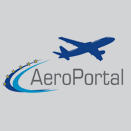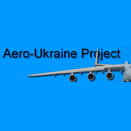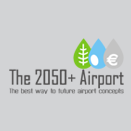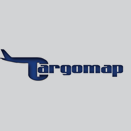

The complete name of FP7 is 7th Framework Programme for Research and Technological Development. It lasted for seven years from 2007until 2013. The programme had a total budget of over € 50 billion. This represents a substantial increase compared with the previous Framework Programme FP6 (41% at 2004 prices, 63% at current prices), a reflection of the high priority of research in Europe.
Indeed, FP7 was a key tool to respond to Europe's needs in terms of jobs and competitiveness, and to maintain leadership in the global knowledge economy. This money was (for the most part) spent on grants to research actors all over Europe and beyond, in order to co-finance research, technological development and demonstration projects. Grants are determined on the basis of calls for proposals and a peer review process, which are highly competitive.

The former SCRATCH and AeroSME projects of the 6th Framework Programme have merged into AeroPortal project, which was launched in December 2007.... Read more...

The overall concept of AERO-UKRAINE project was to facilitate research co-operation between aeronautics actors from the EU and Ukraine. The project achieved its overall aim via a range of activities:... Read more...

The FP7 project Airport 2050+ explores radical and novel solutions to prepare airports for the year 2050 and beyond.... Read more...

The objective of the ATOM project was to study, design and develop the functional prototype of an innovative multi-sensor based system integrating active and passive radar sensors, improving the security level also in the Terminal area of the airport. ATOM system is a non-intrusive but pervasive sec... Read more...

The Air Cargo technology Roadmap (CargoMap) project focused on the future role of air freight and the definition of a technology roadmap for future cargo aircraft responding to end user requirements and environmental needs. The project investigated what new challenges and opportunities exist for new... Read more...